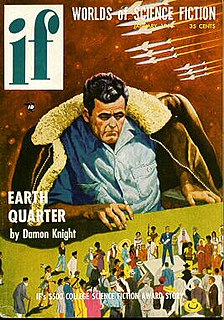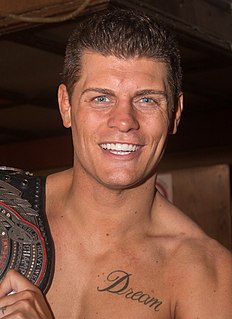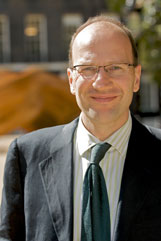A Quote by Lauren Groff
Our human impulse is to control everything, but fiction seems to me to be about allowing an element of mystery into the text.
Related Quotes
Sartre is one example of someone who does just this. Every text is, after all, a human document and whatever Kierkegaard thought about God was clearly a matter of human thought that can, in principle, be retrieved and interpreted by other human beings. A phenomenological approach to religion must, it seems to me, adopt the old adage: nothing human is alien to me.
There's something immediate about the experience of reading a poem - whether it's the music or some other element of it - that just seems to access another part of the brain. You know, Charles Olson talks about this transfer of energy that happens between the writer and the reader of the poem. I guess there's something essential to me about acknowledging upfront the immensity of it - the difficulty of it - and even allowing that to be the subject.
With Orff it is text, text, text - the music always subordinate. Not so with me. In 'Magnificat,' the text is important, but in some places I'm writing just music and not caring about text. Sometimes I'm using extremely complicated polyphony where the text is completely buried. So no, I am not another Orff, and I'm not primitive.
There is a documentary element in my films, a very strong documentary element, but by documentary element, I mean an element that's out of control, that's not controlled by me. And that element is the words, the language that people use, what they say in an interview. They're not written, not rehearsed. It's spontaneous, extemporaneous material. People
To me experimental fiction ultimately is about the experiment and I'm not interested in experiments for their own sake, and if anything I've always steered a bit clear of that kind of thing, because it seems gimmicky to play around with text rather than do the work of telling a story and creating characters.
Our life as consumers seems light years away from that of our grandparents. But you don't change human nature. Optimism, for me, is the belief that we can spread the opportunity for everyone to be fully human. Sustainability, like music, is an impulse to make sense of the world around us. It is core to our humanity. If you only like one composer, or think all the best music has already been written, you have reason for pessimism. If not, it is within us to have good reason for hope
If it happens that the human race doesn't make it, then the fact that we were here once will not be altered, that once upon a time we peopled this astonishing blue planet, and wondered intelligently at everything about it and the other things who lived here with us on it, and that we celebrated the beauty of it in music and art, architecture, literature, and dance, and that there were times when we approached something godlike in our abilities and aspirations. We emerged out of depthless mystery, and back into mystery we returned,and in the end the mystery is all there is.
People even split up by text message, they dump each other by text. Everything seems so disposable, so throwaway, but you have to engage with that if you're writing about the modern world. You've also got all these pop references that you feel obligated to make. They're just part of the bricolage of the whole thing, whether or not these are actually significant elements themselves.
Fiction ought to announce the problems, dramatize the problems, display them. Yet offer no set answer. An answer would solve the mystery. Writing fiction, for me, is about putting on paper my obsessive interest in something mysterious. I may figure out the source of the mystery, the things that brought some action or image to my mind, but to make an equation of it would ruin the story.
Human beings are like detectives. They love a mystery. They love going where the mystery pulls them. What we don't like is a mystery that's solved completely. It's a letdown. It always seems less than what we imagined when the mystery was present. The last scene in `Blow Up' is so perfect because you leave the theater still dreaming. Or the end of `Chinatown,' where the guy says `Forget it, Jake, it's Chinatown.' It explains so much but it only gives you a dream of a bigger mystery. Like life. For me, I want to solve certain things but leave some room to dream.







































